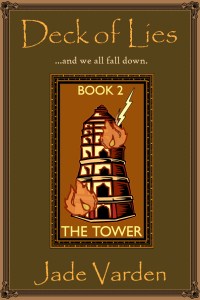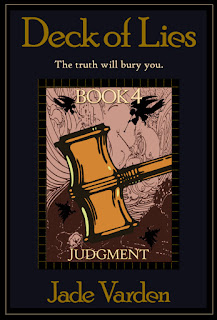They say that being successful as an indie author requires spending a lot more time on promotion than on actual writing. But if you're just throwing stuff out there at random, you're not doing a whole lot of good. First, you've got to figure out where your target audience is. Then, you've got to actually target them.
Ready, Aim, Fire
It's a lot like playing basketball. If you close your eyes and start chucking balls in the general direction of the basket, sure a few of them will go in. But if you open your eyes and actually aim at the center of the target, it's likely that you'll land even more of them. Targeted marketing just makes sense, and it will save you time that you can spend on actual writing.
- Define your age group. The first step in targeted marketing is defining the age group that would be most interested in your books. This is really easy for some genres, like children's and YA. You already know who you're writing for. When you write other types of books, however, it gets tricky. Romance novels can appeal to people of all ages, but women in their thirties and forties buy the bulk of romance novels. Scifi novels are largely read by people in their teens, twenties and thirties. Look at demographics and data specific to your genre, and get a better idea about who's most likely to purchase your books.
- Define your gender. Both men and women read books, but they're largely drawn to different genres. Women overwhelmingly buy romance novels, as compared to men, for example. When you start thinking about gender, you can start getting really specific and figure out that teenaged girls are likely to be the most interested in your YA paranormal romance, for instance.
- Find your market. So now you know more about who your audience is. The next big step in targeting your marketing? Finding them. Where are these people? If you're spitting a bunch of links out on Twitter all day and your books are most appealing to college-educated divorcees, you're wasting a ton of time because Twitter is largely populated by teens and twenty-somethings. Facebook is more appropriate if you're looking for people who are a little bit older. Look up information about your target demographic. Find out which websites they like, what activities interest them and what sort of blogs they read. Once you figure this out, you'll know where to spend the bulk of your promotional efforts.
Targeting your marketing is the best way to connect directly with your audience. Focus your promotional efforts, and you'll see much bigger results from your hard work.






















